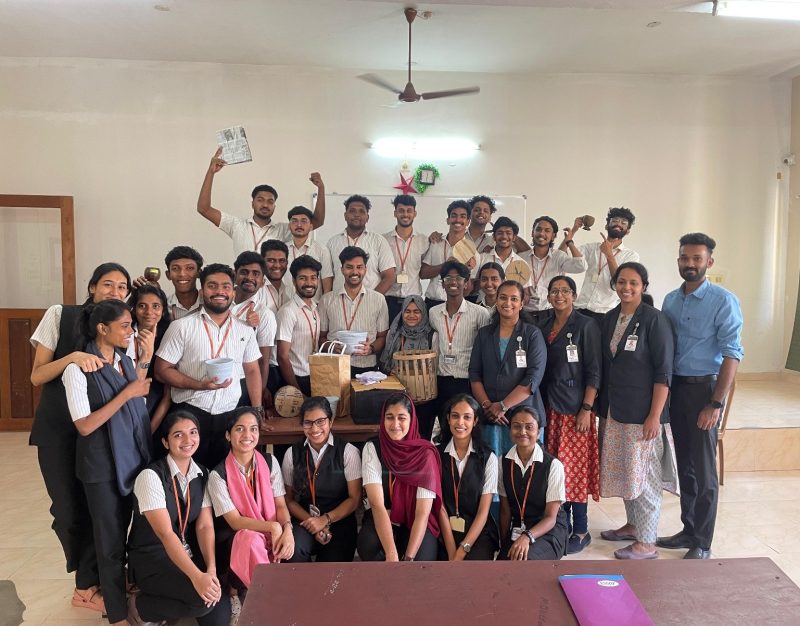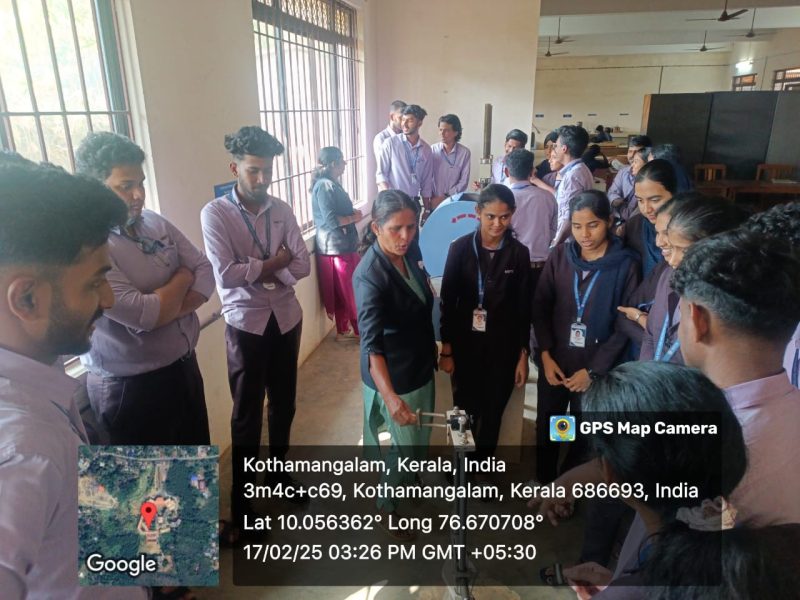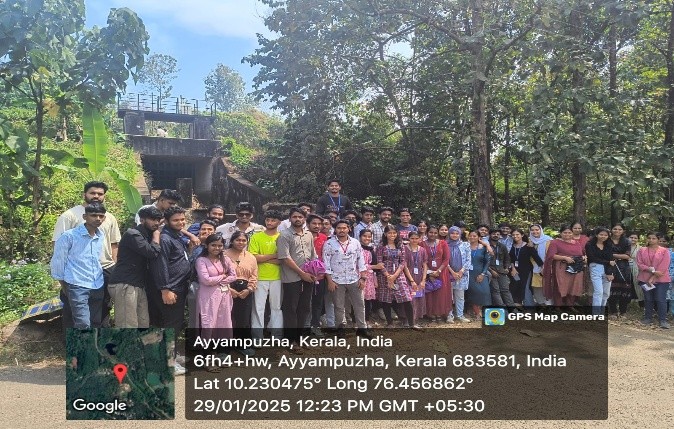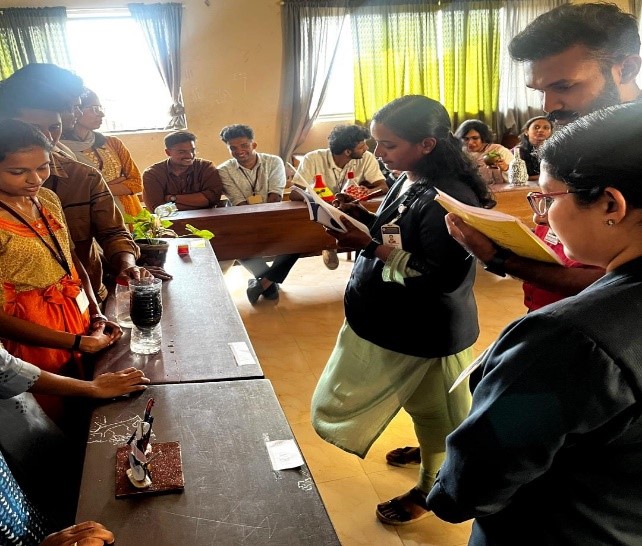Innovative teaching and learning methods in civil engineering are essential to enhance the educational experience and prepare students for real-world challenges. Implementing these methods can create a more engaging and effective learning environment in civil engineering education, equipping students with the skills and knowledge they need to succeed in their careers.
The innovative approaches integrated into civil engineering education are:
- Peer group learning
Peer group learning is encouraged as it's really helpful to uplift weak students. Students use the facility available in the library, hostel or classrooms for peer learning especially during their study leave and exam times. It was found very effective in improving the academic performance of students.
- Jigsaw
The Jigsaw Learning Technique is a dynamic approach to learning that encourages cooperation and critical thinking in educational environments. Through this technique, students collaborate to become experts in specific topics, fostering a deeper understanding of the subject matter.
- Flipped Classroom Model:
The Inverted Learning Approach Model represents a departure from conventional teaching methods by shifting the focus of instruction from in-class lectures to pre-recorded materials accessed outside of class. This strategy frees up valuable class time for collaborative activities, problem-solving, and hands-on learning experiences. By empowering students to engage with content at their own pace, the flipped classroom fosters a culture of active participation and facilitates deeper comprehension of subject matter.
- Mind Mapping:
Mind mapping serves as a progressive teaching method that diverges from conventional techniques by capitalizing on the brain's inclination towards visual cognition. Through the utilization of visual frameworks, hierarchical structures, and non-linear arrangements, educators can elevate the educational journey, stimulate creativity, and furnish students with valuable skills for comprehending and organizing information in a fluid and interconnected manner within our evolving world.
- Inquiry Based Learning
Inquiry Based Learning empowers students to delve into subjects, pose questions, and undertake research to build their comprehension. Teachers adopt the role of facilitators, steering students through this process of exploration. This approach nurtures curiosity, fosters critical thinking, and instills a feeling of responsibility for one's own learning journey.
- Blended Learning
Hybrid Learning integrates the conventional classroom setting with online learning elements, enabling students to utilize digital resources and participate in virtual activities alongside traditional face-to-face instruction. This blended approach offers learners flexibility in accessing educational materials and engaging with course content.
- ICT Enabled Teaching
ICT enabled classes are provided in which faculty use LCD projectors in the class room for visualizing and demonstrating various concepts, theories and procedures in addition to the lecture using black board. Different materials used by the faculty for this purpose include power point presentations, videos, animations, PDF and word documents etc. Video lectures are available from NPTEL and other reliable sources.












































































































